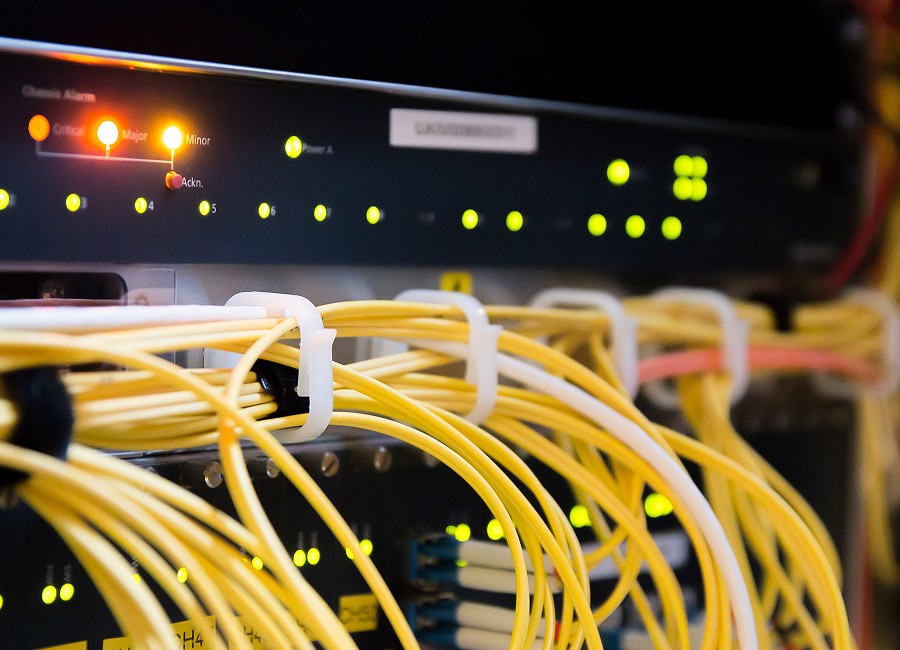
Cyber-attacks and cyber security have become heavily focused topic in the media, but do you know what the different types of malware are and how they can affect you?
SA1 recently released a blog article about the Trojan cyber-attacks on the NHS and has previously run a serious of articles on ransomware, but has not yet focused on the other types of malware that businesses should be aware of.
One thing that everyone, individuals and businesses alike, should remember is that regardless of the type of malware, the aim of this software is to harm or destroy the information stored on your computer. The term ‘Malware’ is short for Malicious Software, which is exactly what it is, it’s a software that compromises your computer.
So, what are the different types and what makes them different?
There are many different types of malware but some of the more common ones are:
- Adware: Or known by its full name; advertising-supported software, this malicious software will appear in the form of ads on your computer screen. Once you click on the ad it will infect your computer, don’t take this software for granted though as it can still do serious harm especially if bundled with spyware (see below) it can be significantly more dangerous.
- Spyware: Does exactly what it says, spies on you. This malware secretly tracks your activity including collecting keystrokes, data harvesting (collects any account information you have accessed while on your computer, for example, login details, passwords and financial data etc) and more. It usually uses the data it has then collected to send advertising (adware) that you are likely to click on back to you.
- Virus: A virus is a contagious piece of malware, it has the capability to copy itself and spread across other computers on the same network. This is very dangerous for businesses with multiple computers all on the same network, as multiple devices can be infected within a short space of time.
- Worms: A computer worm is one of the most common types of malware and they spread over networks by exploiting the vulnerabilities of the operating system. Worms work in a way that they affectively ‘eat’ the systems operating files and data files until the drive is empty.
- Rootkit: This type of malicious software is designed to remotely access and control a computer without being detected by either the users or security programmes installed on the device. Prevention and detection of this software can be difficult due to their stealthy operation, because it hides, typical security products are not effective against this software. To protect yourself, users should regularly patch vulnerabilities in software, applications and operating systems, keep virus protections up to date and avoid downloading anything suspicious.
- Trojan: A Trojan is one of the most dangerous types of malware, it is written with the sole purpose of finding your financial information. Its name comes from the Greek Trojan horse used to secretly enter the city of Troy. The Trojans brought the wooden horse statue into the city of Troy believing it was a peace offering from the Greeks, what they did not realise, was that Greek soldiers were hiding inside the horse ready to attack. This piece of software disguises itself as a normal file or program to trick the user into installing or downloading the malware.
- Ransomware: As previously mentioned in the SA1 blogs, ransomware holds your computer system hostage until a ransom is paid. For tips on how to avoid Ransomware see SA1’s blog posts here.
The cloud has introduced numerous possibilities for businesses in terms of greater efficiency surrounding data storage, disaster recovery and security.
Read More
Having a sufficient IT infrastructure is a fundamental component to any organisation that wants to function efficiently and effectively in this economic market.
Read More
Could your business benefit from a complete networking system? Find out what it is and how it could make a difference to business productivity.
Read More


